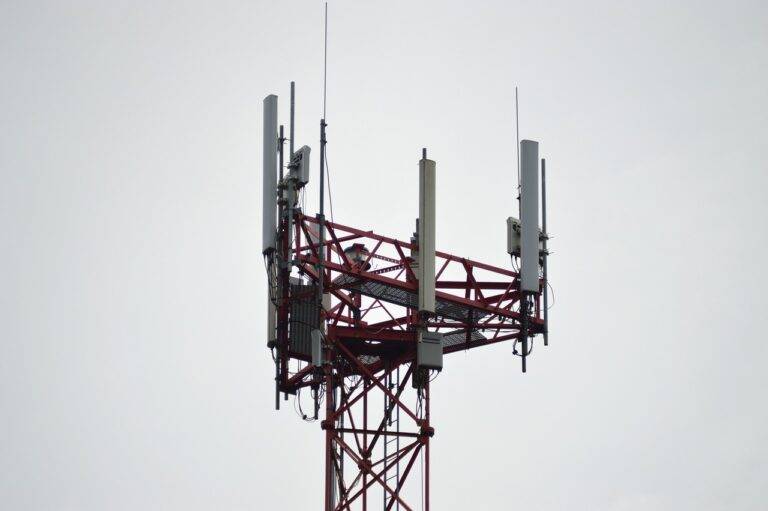Tech and Its Role in International Relations
In today’s interconnected world, the rise of digital diplomacy has transformed the landscape of international relations. Through social media platforms, governments can reach a global audience instantaneously, shaping public opinion and influencing policy decisions. This direct communication channel allows for a more transparent and immediate exchange of information between nations, facilitating quicker responses to international crises and conflicts.
Furthermore, digital diplomacy has enabled diplomatic missions to engage with a broader range of stakeholders, including civil society organizations and ordinary citizens. This expanded network of communication fosters greater inclusivity in decision-making processes and provides a platform for marginalized voices to be heard on the global stage. By leveraging digital tools and technologies, diplomats can navigate complex geopolitical challenges with agility and adaptability, forging stronger international partnerships and advancing mutual understanding among nations.
The Influence of Social Media on Cross-Cultural Communication
In today’s interconnected world, social media plays a significant role in shaping cross-cultural communication. Platforms like Facebook, Twitter, and Instagram are bridging gaps between people from different backgrounds, allowing for the exchange of ideas, beliefs, and perspectives. Through the power of social media, individuals can engage in meaningful interactions with others from diverse cultures, thus fostering understanding and mutual respect.
Moreover, social media facilitates the sharing of cultural traditions, customs, and practices on a global scale. Users can showcase their heritage through photos, videos, and posts, providing valuable insights into their way of life. This virtual exchange of cultural information not only promotes cultural diversity but also promotes cross-cultural dialogue and appreciation. As social media continues to evolve, its impact on cross-cultural communication is likely to expand, creating new opportunities for intercultural learning and collaboration.
• Social media platforms like Facebook, Twitter, and Instagram are connecting people from different backgrounds
• Allows for the exchange of ideas, beliefs, and perspectives
• Fosters understanding and mutual respect between individuals from diverse cultures
• Facilitates the sharing of cultural traditions, customs, and practices on a global scale
• Users can showcase their heritage through photos, videos, and posts
• Promotes cultural diversity and cross-cultural dialogue
• Creates new opportunities for intercultural learning and collaboration as social media continues to evolve
Cybersecurity Challenges in the Global Arena
The rapid advancement of technology has brought about various cybersecurity challenges in today’s interconnected world. From state-sponsored cyber attacks to sophisticated hackers targeting critical infrastructure, the global arena faces a multitude of threats in the digital realm. The interconnectedness of nations through the internet has made it easier for malicious actors to exploit vulnerabilities and launch cyber assaults with far-reaching consequences.
Moreover, the increasing reliance on digital platforms for communication and governance has only escalated the cybersecurity risks on a global scale. As more countries digitize their operations and services, the potential for cyber attacks to disrupt essential systems and compromise sensitive data grows exponentially. In this fast-evolving landscape, the need for robust cybersecurity measures and international cooperation has never been more critical to safeguard against cyber threats and protect the integrity of the global digital ecosystem.
What is the impact of digital diplomacy on international relations?
Digital diplomacy has greatly changed the way countries interact with each other, allowing for faster communication and information sharing, but also presenting cybersecurity challenges.
How does social media influence cross-cultural communication?
Social media platforms have made it easier for people from different cultures to connect and share ideas, but they also pose risks in terms of privacy and security.
What are some of the cybersecurity challenges in the global arena?
Some of the cybersecurity challenges include cyber attacks, data breaches, and the spread of misinformation online, all of which can have serious implications for international security and relations.





